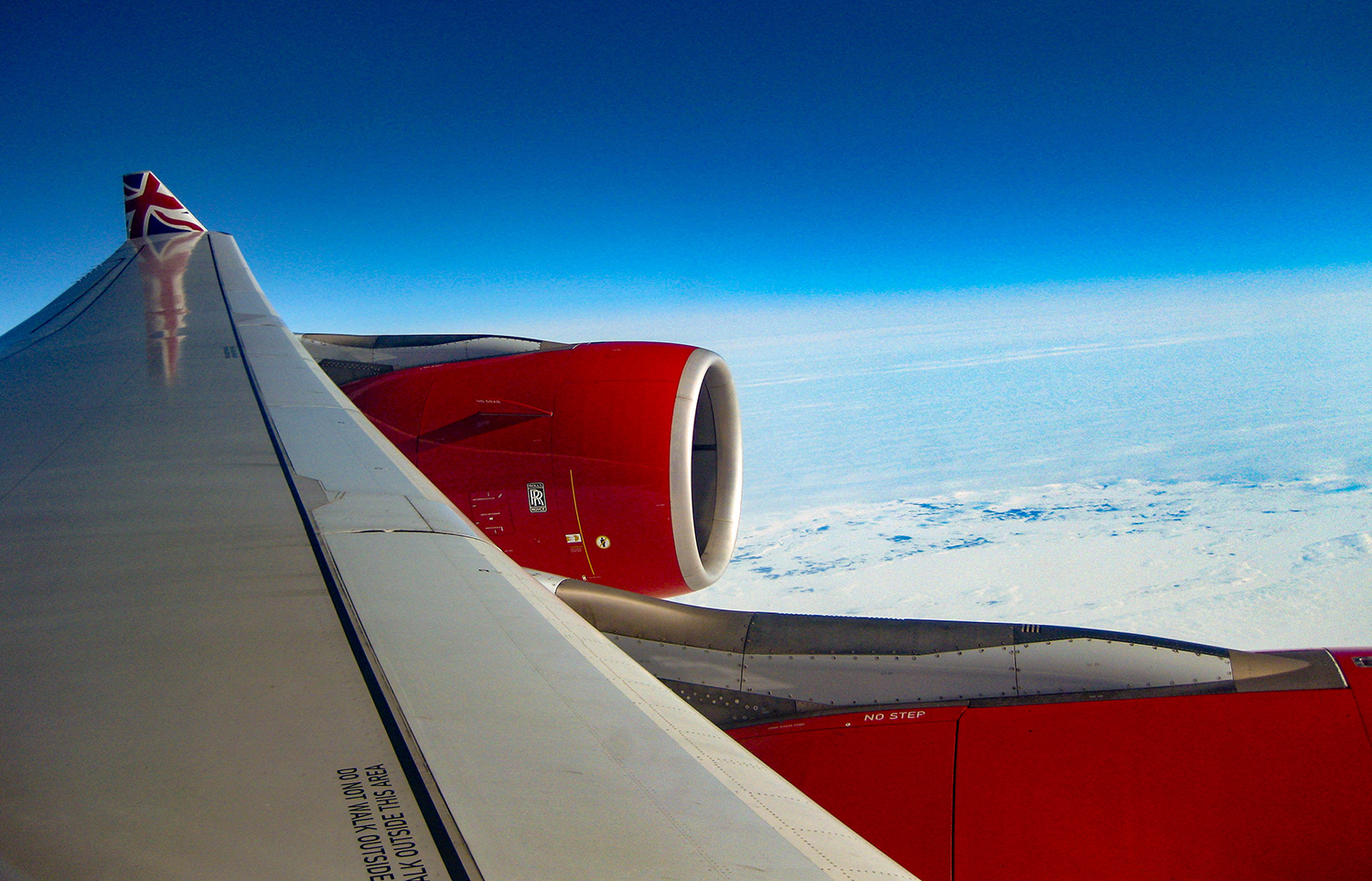Grant Shapps, British Secretary of State for Transport, has announced that the UK will withdraw as a member of the European Union Aviation Safety Agency (EASA) after a transition period and that responsibility for aircraft certification and safety regulation will return to its own Civil Aviation Authority (CAA). The split will happen after December 31, 2020 when European law no longer applies to the United Kingdom.
In an exclusive interview with editors from Aviation Week Network, Shapps said
“We will leave EASA… the powers will revert to the CAA, who are probably one of the world’s leading regulators and the expertise will need to come home to do that, but we’ll do it in a gradual way. A lot of the expertise they have is UK expertise, in fact. A lot of the key leading lights were Brits.”
The withdrawal from EASA is being negotiated at EU headquarters in Brussels. On its website, EASA states that, having already left the EU, until December 31
“the UK will be treated as an EU member state but will no longer take part in any decision-making or decision-shaping activities at EASA.”
Once outside of EASA, the UK will seek mutual recognition of certifications in bilateral agreements with other countries and blocs, much like it will seek to do in other areas.
Shapps told Aviation Week:
“Over a period of time we’ll be wanting to develop our own [aircraft] certifications. One of the things we’ll want to do is be particularly forward-leaning in technology and automation. We’ll make sure our legislative framework is in a great place to enable those kinds of organizations to excel in the UK market.”
The Department for Transport said:
“Being a member of the EASA is not compatible with the UK having genuine economic and political independence. We will maintain world-leading safety standards for industry, with the Civil Aviation Authority taking over these responsibilities, and will continue to work with colleagues in the EU to establish a new regulatory relationship.”
But ADS, which represents more than 1,100 UK businesses in the aerospace, defense, security and space sectors, is not happy. It estimates it could take 10 years and up to £40m annually to create a UK safety authority with all the expertise of EASA. That compares to a current EASA contribution to the of £1m to £4m a year.
Paul Everitt, ADS CEO said
“UK influence in EASA contributes to raising standards in global aviation, supports collaboration with our international partners, and helps make our industry attractive to the investment it needs to be home to the development of a new generation of advanced aircraft technology. [The] Government had promised it would consider harmonization where it is in the UK interest and will be led by the evidence on the future of aviation safety regulation. We are disappointed that it has not taken a more ambitious approach. It is essential that it works with us to deliver a regime that does not put jobs at risk in an industry that employs 111,000 people in highly skilled roles across the UK.”


0 Comments